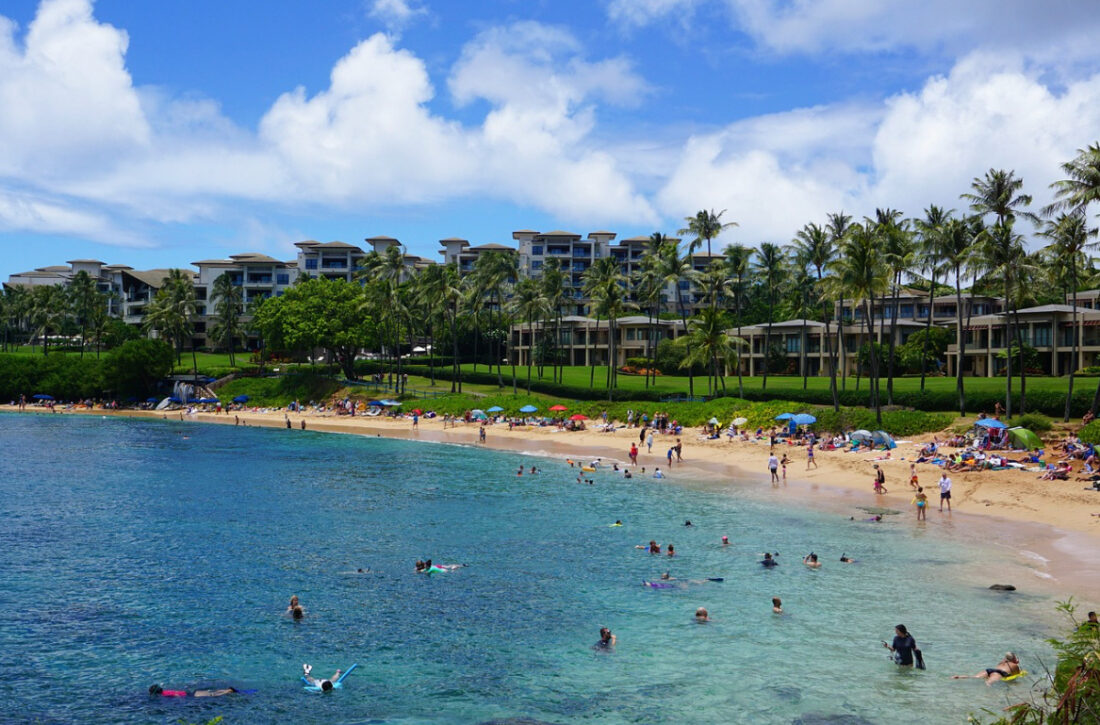Hawaii’s Big Gamble: Could Casinos Be the State’s Next Big Moneymaker?

For decades, Hawaii has resisted the lure of legalized gambling. No casinos, no sportsbooks, not even a state lottery–just a firm stance that gaming doesn’t belong in the islands. Now, lawmakers are revisiting that position, and this time, they’re looking at something much bigger: brick-and-mortar casinos.
A new proposal, Senate Bill 893, would grant long-term licenses for casinos at the Hawaii Convention Center and the highly anticipated Aloha Stadium Entertainment District. The idea is to inject additional revenue into the economy, fund public programs, and create jobs. But not everyone is convinced.
Critics fear that opening casinos will change the very fabric of Hawaii. Would gambling fit into the laid-back, family-friendly atmosphere the state has built over the years? Or would it lead to social issues and economic dependence? It’s a high-stakes question with no easy answer.
Hawaii’s economy leans heavily on tourism, but it hasn’t been immune to downturns. With rising costs and growing competition from destinations like the Caribbean and Southeast Asia, lawmakers are looking for ways to diversify. Proponents of the bill argue that adding casinos could attract high-spending visitors who might otherwise head to Las Vegas or Macau.
One model gaining popularity is the instant cash out casino setup, where players can withdraw their winnings immediately after a game instead of waiting days for processing. This model prioritizes convenience and faster access to funds, appealing to modern gamblers who value quick, secure transactions. While this approach has seen success in other markets, it remains to be seen whether Hawaii will consider similar innovations if gambling is legalized.
Such casino platforms have grown in popularity as digital payment methods become more advanced. Proponents of this model say that the ability to receive winnings in real-time enhances the overall gaming experience and could influence how casino operations evolve in the future.
This isn’t the first time Hawaii has debated gambling. Over the years, multiple proposals, sports betting, online gaming, and a state lottery, have been shot down. Opponents argue that the risks outweigh the rewards, pointing to concerns over social issues, money laundering, and increased crime.
Senator Kurt Fevella is among those pushing back. He’s made it clear that he doesn’t want to see gambling infiltrate places like the Hawaii Convention Center or Aloha Stadium, venues that have long been used for graduations, events, and community gatherings. For him and many others, these spaces should remain untouched by the casino industry.
But attitudes are shifting. Many residents, especially younger generations, see gambling as inevitable. With nearly every other U.S. state capitalizing on some form of gaming revenue, why should Hawaii leave money on the table?
States with established casino industries, like Nevada and New Jersey, rake in billions each year. Even smaller markets like Massachusetts and Maryland have successfully used gaming revenue to fund schools, infrastructure, and treatment programs. If Hawaii follows suit, it could mean millions in new tax dollars flowing into public services.
But what about the cultural question? Hawaii isn’t Las Vegas. It’s not Atlantic City. Supporters of the bill argue that casinos could be integrated responsibly, woven into entertainment districts rather than taking over entire neighborhoods. Still, others worry that it’s a slippery slope–once gambling is legalized, expansion is inevitable.
Senate Bill 893 is heading to the Senate Committee on Economic Development and Tourism, where lawmakers will hear testimony and debate the potential impact. No matter which way the decision goes, one thing is clear: Hawaii is at a turning point.
Will the state roll the dice on casinos, or will it stick to the longstanding belief that gambling has no place in paradise? The answer could reshape Hawaii’s future.
